CBT for OCD can be one of the most effective forms of treatment for this condition. However, it requires a significant amount of effort on your part to complete this type of treatment. In this article, we will give you an introduction to CBT for OCD and break down some tips that you should keep in mind as you go about your day-to-day activities.
Contents
What Is OCD?
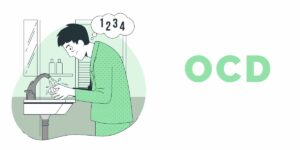 OCD is a mental disorder characterized by intrusive thoughts and repetitive behaviors related to neutral or irrelevant objects or events. The obsessions, or thoughts that cause distress, may be recurrent and persistent, while the compulsions, or rituals performed to reduce the anxiety caused by the obsessions, are often ineffective. OCD is one of the most commonly diagnosed mental disorders in the world, affecting about 2% of adults. While there currently is no cure for OCD, treatment options include cognitive-behavioral therapy (CBT), which is effective in reducing symptoms.
OCD is a mental disorder characterized by intrusive thoughts and repetitive behaviors related to neutral or irrelevant objects or events. The obsessions, or thoughts that cause distress, may be recurrent and persistent, while the compulsions, or rituals performed to reduce the anxiety caused by the obsessions, are often ineffective. OCD is one of the most commonly diagnosed mental disorders in the world, affecting about 2% of adults. While there currently is no cure for OCD, treatment options include cognitive-behavioral therapy (CBT), which is effective in reducing symptoms.
What Is CBT For OCD?
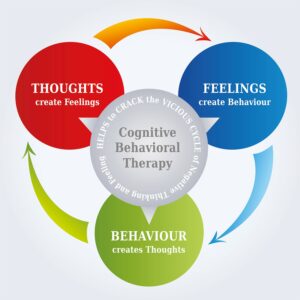 CBT ( Cognitive Behavioral Therapy ) is a type of treatment that is effective in treating OCD. CBT is a collaborative effort between the individual and therapist, where the individual learns to identify and change dysfunctional thoughts and behaviors.
CBT ( Cognitive Behavioral Therapy ) is a type of treatment that is effective in treating OCD. CBT is a collaborative effort between the individual and therapist, where the individual learns to identify and change dysfunctional thoughts and behaviors.
There are a few key advantages to CBT for OCD. First, CBT is brief, meaning it can be completed in a relatively short amount of time. This can be helpful for people who feel impatient or overwhelmed with their OCD symptoms. Second, CBT is flexible, meaning it can be modified to fit the needs of each individual. This allows for the most personalized treatment possible. Finally, CBT is effective in both single-patient and group settings, making it a versatile option for those seeking treatment.
However, there are also some disadvantages to CBT for OCD. First, CBT is not always effective in treating all individuals with OCD. Second, CBT can be challenging to adhere to due to its demanding nature. Lastly, although CBT is a promising treatment option, other alternatives may be more appropriate for certain individuals. Therefore, it is important to discuss options with a therapist before starting treatment.
Types of CBT for OCD
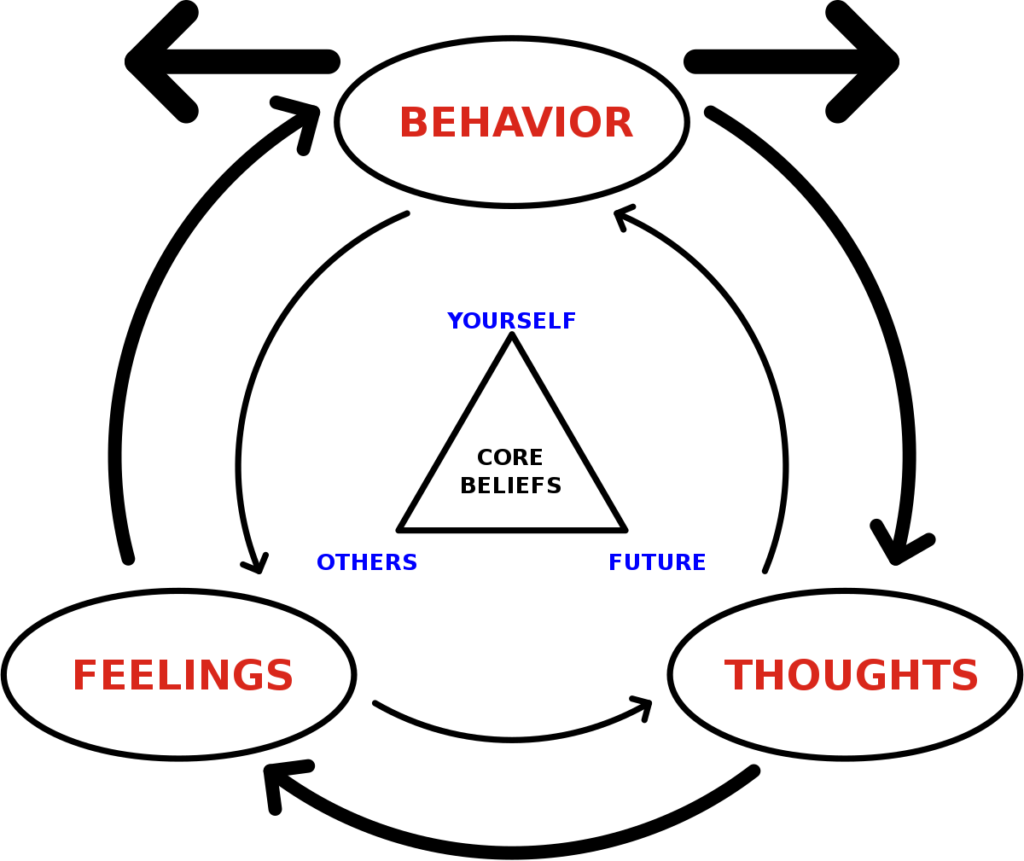
There are many different types of cognitive behavioral therapy (CBT) that can be used to help treat obsessive-compulsive disorder (OCD). This section will outline the different types of CBT, their benefits, and how they can be used to help treat OCD.
Traditional CBT
Traditional CBT is a type of therapy that helps people change the way they think and behave. It is usually divided into two phases: exposure and response prevention (E&RP).
In exposure, the person with OCD is taught to associate an unpleasant stimulus (like thinking about a scary image) with a neutral stimulus (like looking at a picture of a flower). If the person with OCD fears the scary image, then they are taught to keep looking at the flower picture until the fear subsides. This phase is repeated until the person feels comfortable with the challenge.
Then, in response to prevention, the person is taught to avoid doing things that make them anxious or fearful. For example, if they are afraid of being contaminated, they might be taught to wash their hands several times a day.
Mindfulness-Based CBT
Mindfulness-based CBT is another type of CBT that uses mindfulness practices to help people change their thoughts and behaviors. Mindfulness practices involve being more observant and paying attention to thoughts, feelings, and bodily sensations. Mindfulness practices look at the things that lead you to feel anxious or stressed and show you how to respond differently. For instance, if you find yourself worrying a lot about what other people are thinking of you, then practicing mindfulness will help you respond differently. You can also practice mindfulness to prevent anxiety. For example, after a while of practicing mindfulness in one situation, you will be able to use it in everyday situations too.
Working On CBT For OCD
Cognitive behavioral therapy to OCDfocusess on modifying the thoughts and behaviors that lead to the disorder. The therapist will work with the patient to identify the thoughts and behaviors that are most problematic, and then help them develop new strategies for addressing them. Iguiderapist may also guide how to manage stress and anxiety in general.
Cognitive behavior therapy is often a very effective treatment for OCD and can be successful in reducing symptoms significantly. If you are interested in trying this approach to treating your OCD, be sure to speak with a qualified therapist.
Benefits of CBT for OCD

There are many benefits to engaging in cognitive behavioral therapy (CBT) for obsessive-compulsive disorder (OCD). CBT isn’t an option that is effective in managing OCD symptoms. Here are some of the key benefits of CBT for OCD:
CBT can help reduce obsessions and compulsions. CBT teaches individuals how to change their thoughts and behaviors in a way that is helpful and manageable. This can help reduce the amount of time spent on obsessions and compulsions, as well as improve the overall quality of life.
CBT can help increase awareness and understanding of OCD. CBT can help individuals better understand the thoughts and behaviors that lead to OCD symptoms. This awareness can help individuals learn how to manage their condition more effectively.
CBT may also help improve moods in people with OCD. CBT has been shown to improve overall moods in people with OCD, which may lead to improved social functioning. There may also be many people with OCD who experience a worsening in their moods over time. CBT may help to improve these moods as well, allowing people with OCD to better deal with their symptoms.
CBT can help individuals understand more about the causes of their symptoms and how they may be able to change them. People with OCD often report trying different ways to manage their symptoms, but not being able to achieve lasting change. It is likely that many common strategies used by people with OCD are ineffective and may even make the condition worse.
Limitations of CBT For OCD

Cognitive behavior therapy (CBT) is a widely used treatment for obsessive-compulsive disorder (OCD), but there are some important limitations to consider. CBT is based on the idea that obsessions and compulsions can be reduced or eliminated through changing thoughts and behaviors.
However, OCD is a complex disorder with many diverse symptoms, and it is not clear how CBT can specifically address each of those symptoms. Additionally, CBT is often only effective when combined with medication and/or psychotherapy.
Some of the key limitations of CBT for OCD include:
1) It does not always work as well as medication and psychotherapy alone.
2) It may be ineffective for certain people with OCD.
3) It may take longer than traditional treatment to achieve results.
Tips To Keep In Mind While Taking CBT for OCD
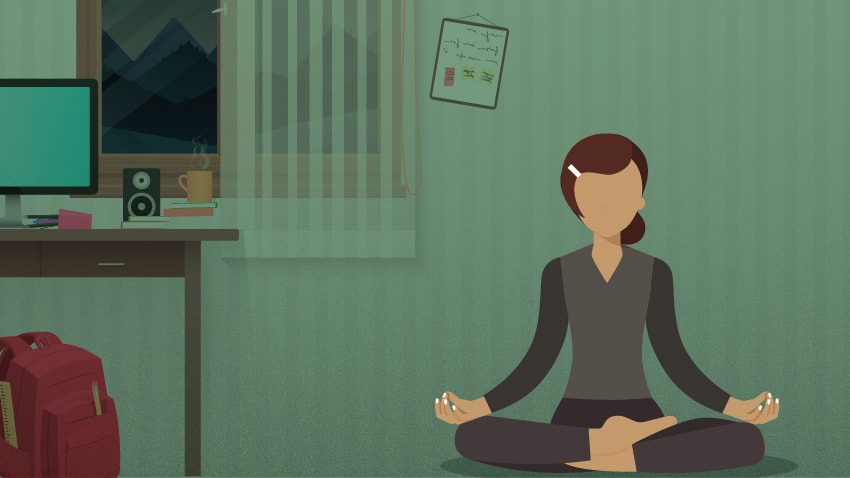
Cognitive behavior therapy (CBT) is an effective treatment for obsessive-compulsive disorder (OCD). However, like any treatment, it is important to follow the following tips while undergoing CBT:
1. Be patient. CBT can take a long time to work, so be patient with yourself. Remember that progress is often slow at first.
2. Make sure you are receiving the right type of CBT. Some people may find relief from cognitive therapy alone while others may need medication and/or exposure and response prevention (ERP) in addition to cognitive therapy. Talk to your therapist about what is best for you.
3. Be willing to change your behavior. One of the goals of CBT is to help you change your habits and thoughts. This is to reduce OCD symptoms. It can be challenging, but be persistent in your efforts.
4. Stay connected to your therapist. As with any treatment, it is important to stay color therapist during CBT. This will help you maintain motivation and keep track of your progress.
Alternatives To CBT for OCD
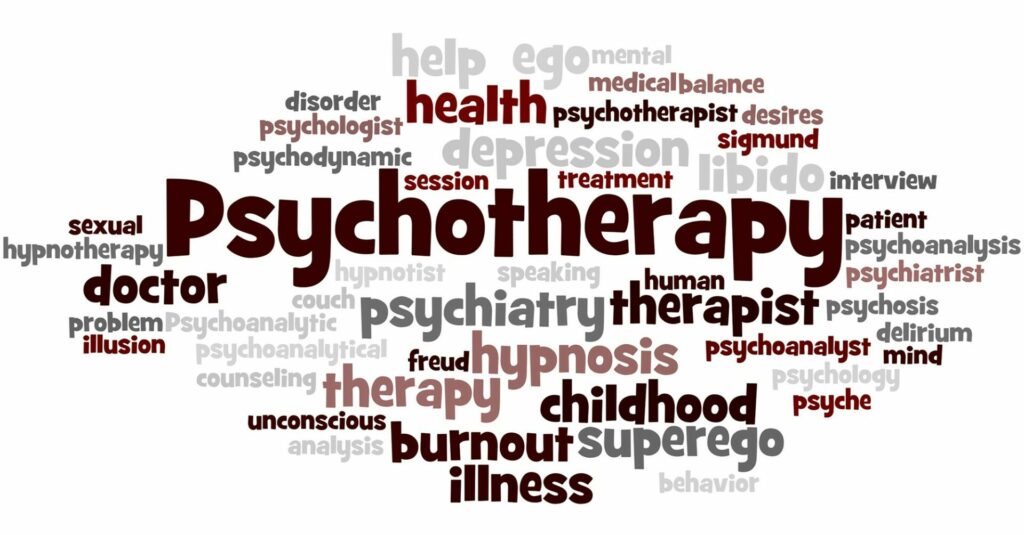
While CBT is an effective treatment for many people with OCD, there are several potential disadvantages to using CBT as your sole form of treatment. Here are some alternatives to CBT that may be a better fit for you:
Mindfulness-Based Cognitive Therapy (MBCT)
MBCT is a Type of therapy that emphasizes the use of mindfulness techniques to help change the way people think about and react to OCD symptoms. Rather than focusing on changing specific thoughts or behaviors, MBCT aims to help people learn how to live more in the present and address problems calmly and rationally. While MBCT is not a new treatment option, recent studies have shown it to be an effective treatment for OCD, particularly when combined with medication.
Behavior Modification
Behavior modification is a type of therapy that aims to change unhealthy behaviors by providing incentives. These are such as rewards or punishment for desired behavior. Also, Behavior modification can be used alone or in combination with other treatments for OCD, such as CBT. While behavior modification is not a new treatment option, recent studies have shown it to be an effective treatment for OCD. This is particularly when combined with medication.
Exposure and Response Prevention (ERP)
ERP is a type of therapy that aims to help people learn how to tolerate and respond to feared or avoided situations. While ERP is usually used in conjunction with CBT, it can be used as an alternative to CBT alone for some people with OCD. Rather than focusing on changing specific thoughts or behaviors, ERP emphasizes the use of exposure exercises. This is to help people gradually increase their exposure to feared or avoided situations. While ERP is not a new treatment option, recent studies have shown it to be an effective treatment for OCD. This is particularly when combined with medication.
Conclusion
OCD is a serious mental illness that can have a lasting impact on your life. If you are struggling with OCD, cognitive behavior therapy can be an effective treatment option. This type of therapy focuses on changing the way you think and behave to reduce your symptoms. In this guide, there were some of the basics of cognitive behavior therapy and also some common challenges that patients face. Finally, there are some tips for finding a therapist who is qualified to treat OCD and offer advice on how to start treatment. Hopefully, this guide has helped you to find the resources you need to start recovering from OCD.
Hope this article was of help to you! If you are suffering from OCD, you may seek help from Therapy Mantra. We have a team of highly trained and experienced therapists who can provide you with the tools and skills necessary for overcoming OCD. Contact us today to schedule an online therapy or download our free OCD treatment app on Android or iOS for more information.


